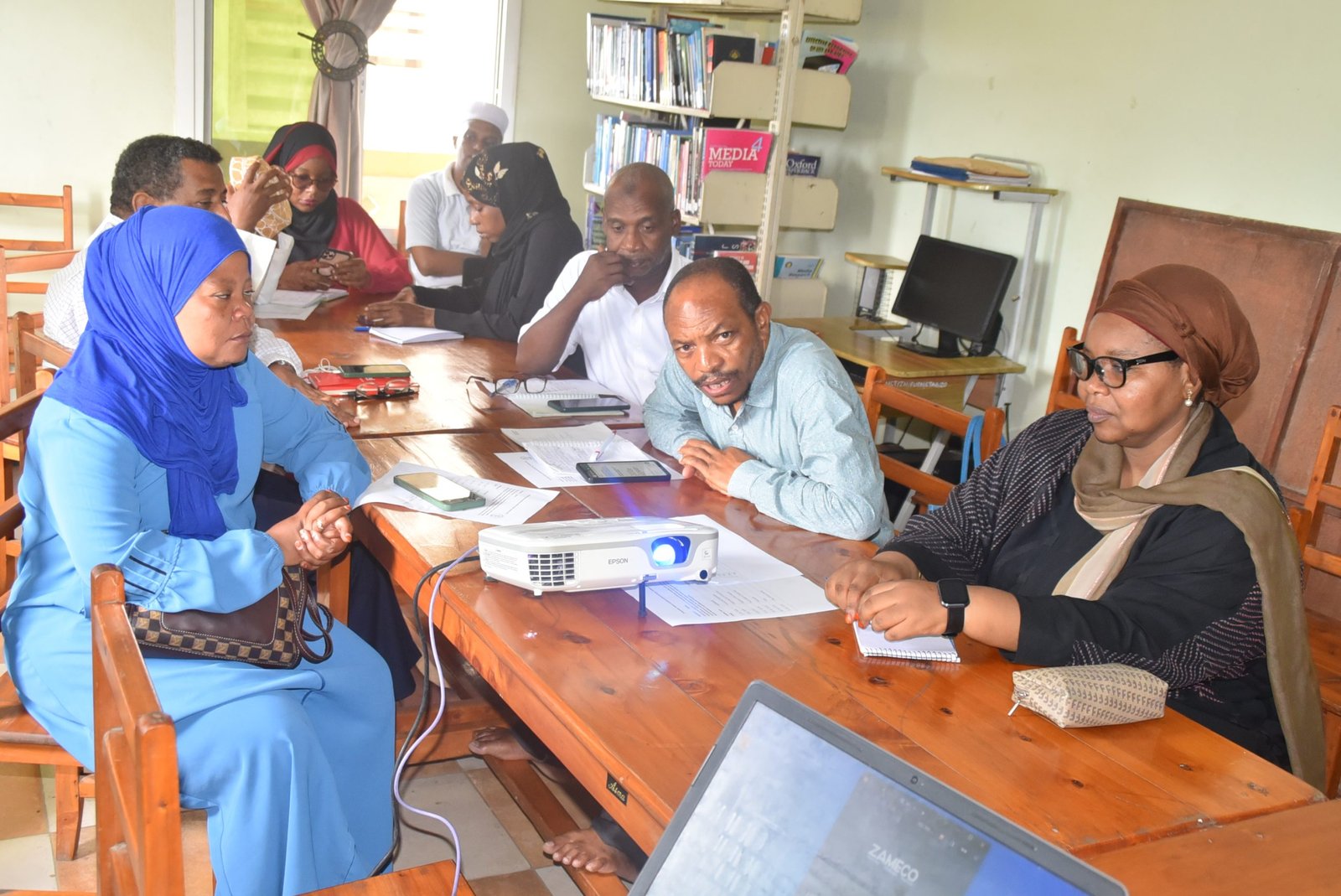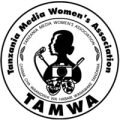
The Zanzibar Media Stakeholders Committee (ZAMECO) convened to discuss various issues related to the development of the media sector, challenges faced, and progress made in advancing this crucial sector for building a society that upholds equality, development, human rights, and democratic principles.
During this special session, the committee delved into the challenges posed by Zanzibar’s media laws and the various steps taken by media stakeholders to provide input, particularly in conducting a comprehensive analysis of these laws that hinder journalists in effectively performing their duties.
We take this opportunity to commend the diverse stakeholders, including the government, for collaborating with the media to ensure that citizens exercise their right to access and disseminate information, in line with the provisions of the 1984 Zanzibar Constitution, Article 18, as well as international and regional agreements overseeing media freedom globally.
As we enter the year 2024, journalists and media outlets are hopeful for increased collaboration and swift resolution of challenges they face in their daily activities.
For over a decade now, media outlets, journalists, and stakeholders, along with human rights advocates and proponents of good governance, have been advocating for conducive working environments. These environments are created by friendly laws that guarantee broad freedom of expression and independence for media organizations in seeking, processing, and disseminating diverse information to the public, as it is the specific duty of the media to society and the nation.
The main laws in need of amendment include the Newspaper Act No. 5 of 1988, as amended by Act No. 8 of 1997, and the Broadcasting Act No. 7 of 1997, as amended by Act No. 1 of 2010.
Furthermore, we congratulate and express gratitude to the stakeholders and government for acknowledging this important agenda, as articulated in the statements and commitments of the leaders of the Revolutionary Government of Zanzibar, led by President Dr. Hussein Ali Mwinyi vividly in his 100 days commemoration since assumed the Presidential tittle. Albeit, the laws have not been amended yet.
Minister of the Ministry of Information, Youth, Culture, and Sports, Hon. Tabia Maulid Mwita, has also expressed the government’s wish to have new and effective laws.
Given this leadership perspective, we are hopeful to witness the smooth implementation of this commitment, leading to the realization of a new media law instead of the current outdated one. We, as stakeholders and the government itself, recognize that the existing law no longer aligns with the noble intentions of our leader. Moreover, it fails to meet the new conditions brought about by the rapid growth of technology, transparency, and accountability.
Considering the numerous opinions and recommendations from journalists and human rights advocates, suggestions that are now in the hands of the Zanzibar Revolutionary Government, we believe the time has come to continue working towards ensuring that the intended goal is achieved in a timely manner.
It is our hope that 2024 will be the opportune time to witness the realization of the objective of having a new, mutually beneficial media law. Additionally, media stakeholders stand ready to provide any necessary cooperation to achieve this goal.



